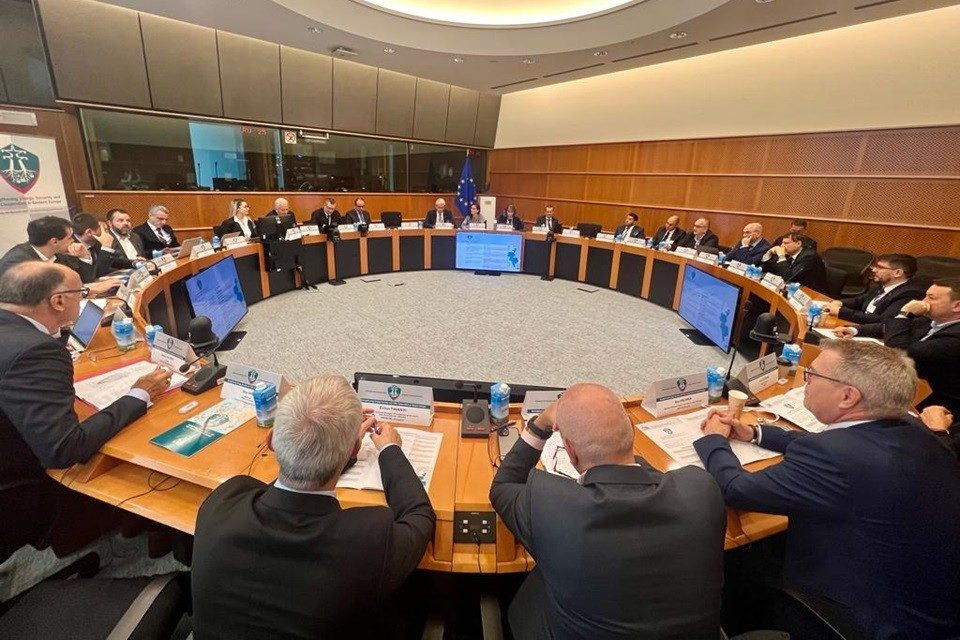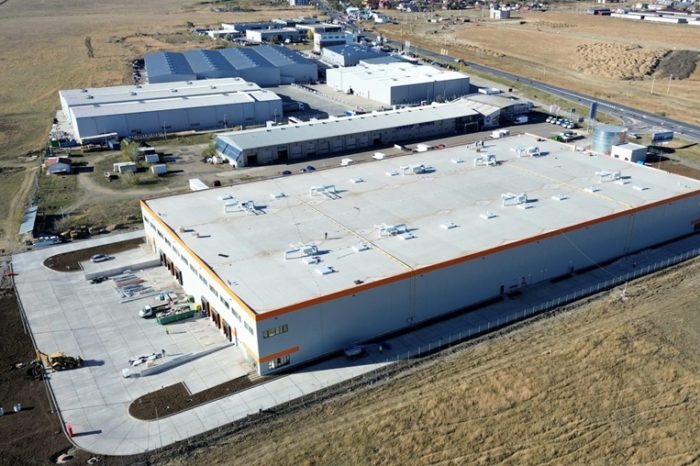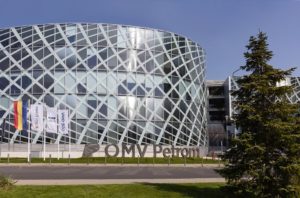Transelectrica underlines the importance of energy security and regional cooperation in Eastern Europe

“Consolidation of energy security and cooperation of transport and system operators from Eastern Europe”, event organized by the National Energy Transport Company Transelectrica, on November 8, at the European Parliament and hosted by the Commission for Industry, Research and Energy, brought together representative factors at European level in the field of energy.
About 50 high-level delegates took part in the debate: representatives from the European Commission, from ENTSO-E, members of the European Parliament, as well as top management representatives from the energy sector from Eastern European countries – Bulgaria, Serbia, Croatia, Greece, Hungary, Albania, Poland and Slovakia
The energy system and transmission operators from the Eastern European region present at the event organized by Transelectrica in the European Parliament addressed essential topics for ensuring uninterrupted access to electricity in a safe and sustainable way. The main objective of the debate was to promote a dynamic exchange of common solutions for bilateral and regional cooperation, strengthening energy security, energy market design and energy transition. In the context of increased concerns related to energy security, the conference touched on topics relevant to Romania, the countries of Eastern Europe and not only in terms of ways to collaborate to ensure energy security and the resilience of the interconnected system throughout the region
Cătălin Andrei Dascal, President of the Transelectrica Supervisory Board: “The topics we debated during this conference generated common ideas and conclusions in order to reach a common goal. We are in this situation together and only together can we achieve something meaningful. Although we also envisage discussions about managerial efficiency and costs, it is essential for us to look at efficiency as a means of strengthening electricity transport and the energy transition. In this context, coordinating investments in the energy networks we manage becomes crucial. We need to ensure that we are ready to provide more energy in the future, and this requires extensive cooperation. For the successful implementation of these plans, ENTSO-E plays an important role in coordinating the application of network codes for all transport operators, and we must continue to support this work of ENTSO-E, giving all the confidence of the association. Finally, it is important to pay special attention to the attraction of European Funds and to bear in mind that most of them are intended for Eastern Europe.”
Alexandru-Cristian Vasilescu, Secretary of State within the General Secretariat of the Government: “We need regional cooperation in a broader concept, which does not only involve collaboration between transport and system operators, but also intergovernmental dialogue. More specifically, collaboration between governments is important to support major cross-border projects. The plans of transmission and system operators can be developed and the role of the 3 governments is to support them and give them the necessary support. It is essential, for example, that the decision-makers agree on the distribution of the costs involved in the development and operation of the new infrastructures, as well as how the necessary investments on both sides will be supported and guaranteed. At the same time, regional collaboration in Eastern Europe to ensure energy security plays a crucial role in managing risks and ensuring the resilience of the energy system. Efforts regarding energy security between existing states in the Eastern European region must be coordinated unitarily at the decision-making level. In this sense, the dialogue between the member states in the region is indispensable in order to adopt energy security policies and effective regulations and to implement a strategy that will benefit and support energetically the entire area.”
The National Electric Power Transmission Company Transelectrica manages and operates a network of over 9,000 kilometers of high-voltage overhead power lines (400 kV, 220 kV and 110 kV) and 81 electrical transformer stations throughout the country.















